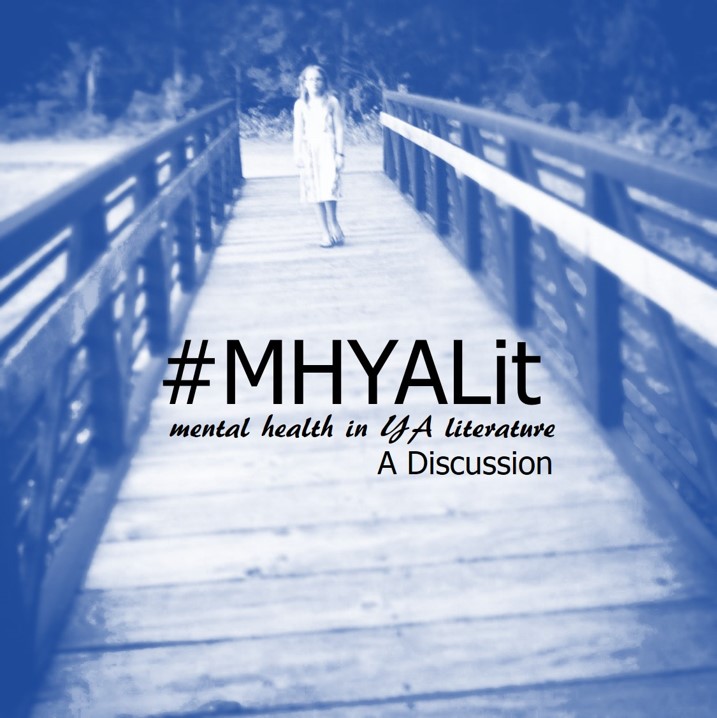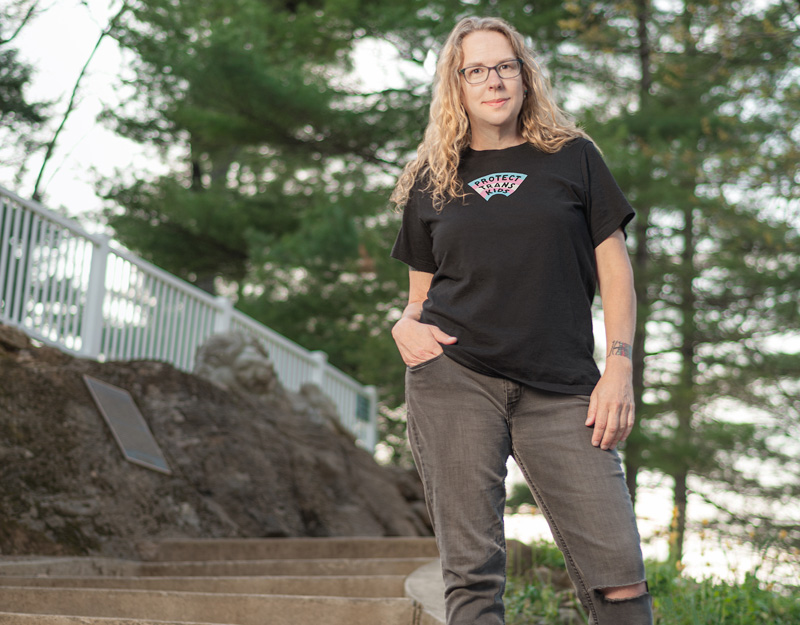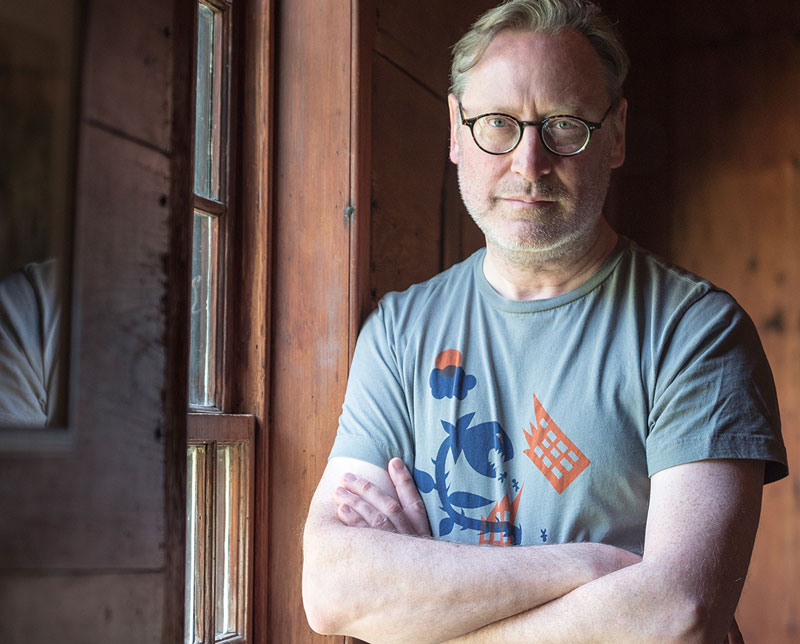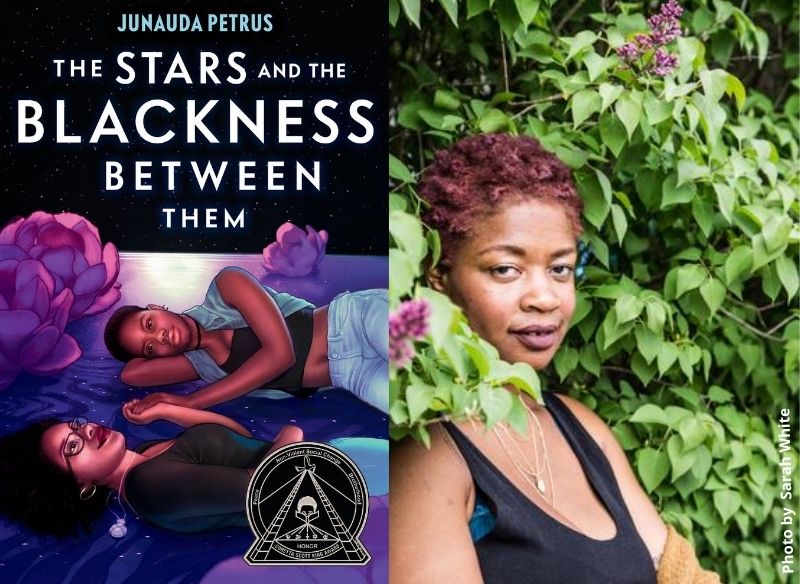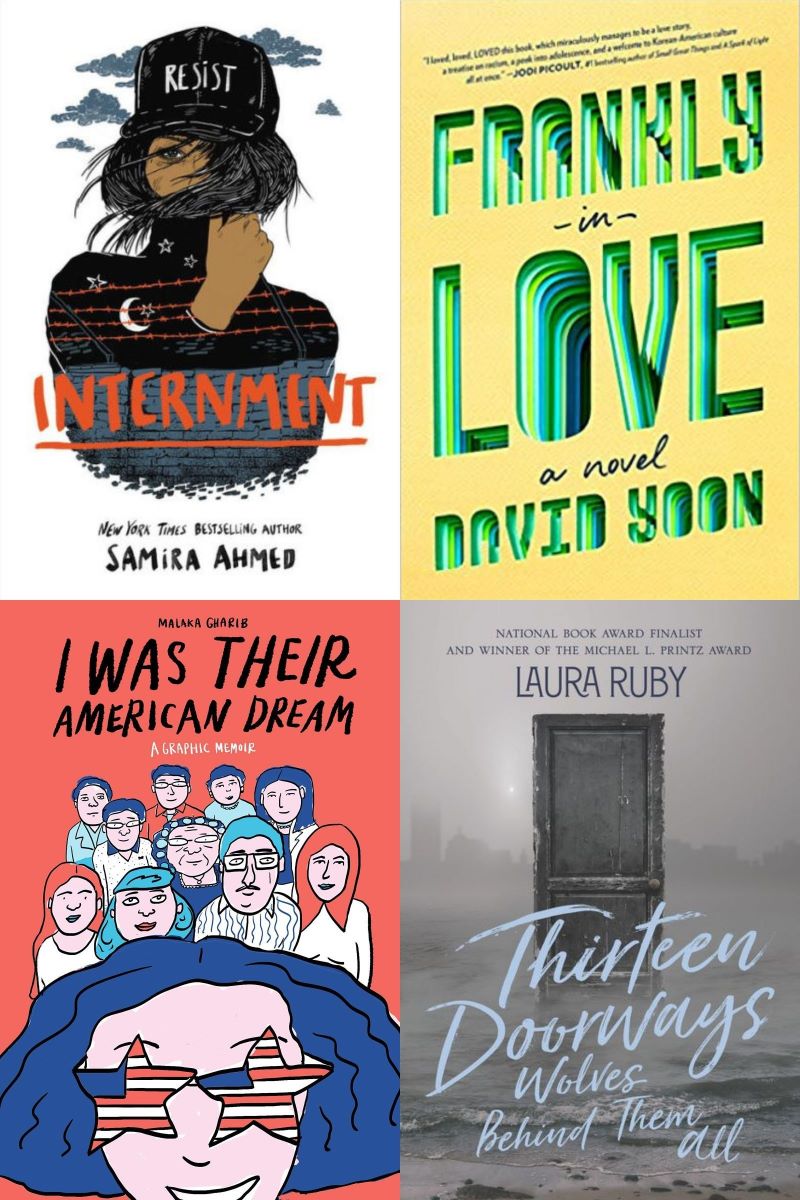RevolTeens: Teens Speaking Out and Raising Awareness for Mental Health, by Christine Lively
Trigger Warning: This post talks about mental health issues including teens and suicide
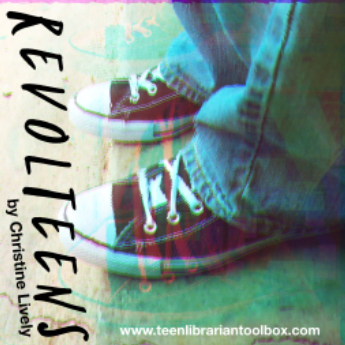
Adolescence is a time of life when we expect kids to become more moody, more unpredictable, and to experience physical, emotional, and mental turmoil. It’s also a time of life when parents, teachers, and communities begin an onslaught of advice with an ominous message that goes something like this: The decisions you make over these years will determine your success or failure for the rest of your life. This combination is a recipe for mental anguish and we all seem to accept this pressure cooker period as a necessary phase of life – we’ve all been through it, and it was awful, but it ends. We know what this does to teens. Many of us look back on that time of our lives as something we escaped from or endured rather than something we learned from, yet we haven’t changed or improved the experience for teens today. They’re stressed out, and they need help, just like we did. I have lived with debilitating clinical depression for as long as I can remember, and I didn’t have anywhere to turn when I experienced mental health crises. My own children have experienced mental health issues, and I know how harrowing and all but impossible it is to find mental health services for children. The obstacles to finding help and support are inexcusably difficult.
Thankfully, there are a growing number of RevolTeens who aren’t waiting for adults to make the changes they need. These RevolTeens are creating programs and services to help themselves and each other. They’re just like we were and they keep proving David Bowie right, “They’re quite aware of what they’re goin’ through.” They’re not waiting for help, they’re helping each other.
ADVERTISEMENT
ADVERTISEMENT
8 inspiring, young mental health activists you need to know about published on Mashable profiles extraordinary teens who are not waiting for us adults to do something. “These young advocates are developing apps, founding nonprofit organizations, coordinating fundraising drives, and building campus-wide support networks. They’re taking advantage of the work activists have previously done to decrease the stigma of talking about mental health, and they’re creating their own legacy by fundamentally changing the way young people discuss and seek help for mental illness.”
Ose Arhegham, Miana Bryant, Gabby Frost, Samuel Orley, Katie Regittko, Max Rothman, Satvik Sethi, and Amanda Southwort are RevolTeens who have taken on changing the way teens talk about and find help for mental illnesses. They’re changing stigmas and building support communities to help teens acknowledge and treat their own mental illnesses in heroic and selfless ways. Reading the stories of these young people makes me realize how important it is for these messages to come from young people themselves. Unfortunately, many of these advocates have risen to action because they were unable to get the help they needed themselves, or because they’ve lost friends and loved ones who’ve died by suicide. These tragedies were not prevented by the adults around them, and their revolt began. They’re not waiting for someone else to make change.
Cloe Sorensen is a RevolTeen who has taken on the critical challenge of suicide prevention. She, like nearly all teens in America has experienced the overwhelming loss of friends to suicide. She was moved to advocacy and started within her own community, “Initially, that meant leaning on existing relationships with family and friends to grieve, and coming up with ways to advocate for mental health at Gunn. Sorensen started the Student Wellness Committee to encourage students to be more aware of their mental health, including a referral system where her peers could refer friends anonymously for in-school counseling. Another successful initiative: Youth Empowerment Seminars, where students learn stress-relief techniques such as mindfulness and breathing exercises.”
After those initial efforts, Chloe confronted the obstacle that so many young people face: They can’t seek out and receive mental health care without parental consent before the age of eighteen. This prevents so many teens from finding help or from even admitting that they need help and removes their agency. It stops them from even looking for the help they need and can lead to tragic results. “Now a student at Stanford, Sorensen spends much of her time working with the Stanford Center for Youth Mental Health and Wellbeing on the launch of Allcove, a network of youth mental health centers in Santa Clara County geared toward youth 12 to 25 years of age. In addition to onsite mental health services, basic primary care, wellness services and the educational/career support offered at each center, young people can access a variety of support services without parental consent, including treatment for early psychosis and substance abuse counseling. Sorensen also founded Youth United for Responsible Media Representation, a group of students working to reduce suicide contagion by training the media not to sensationalize coverage in the aftermath of tragedy.”
Chloe’s efforts have no doubt changed and likely saved lives. She has changed the way teens seek help and brought services to those who had no way to get help before. She’s revolutionized mental health care for teens all without waiting for us adults to take action.
Those of us who work with teens see this firsthand that teens have too much to do, feel too much pressure, and feel there is no one to help them. We know that so many things should change to give teens the time, space, and support that they need to be more in control of their lives and to even enjoy their time. Mental health services are life saving and should be easily accessible to teens, but we know that they are not.
Seeing these teen advocates is inspiring at first read, but reflection brought me the realization that these kids have to revolt at least in part because they couldn’t depend on the adults around them to help and in so many cases, the adults around them were another obstacle to overcome. I think about the kids I work with every day in the high school library. I help them with their school projects, help them find books to read, and talk with them about what’s going on in their lives. Yet, I don’t know if any of them would consider coming to me to get help with a problem, or if they believe I could help them if they asked. Who do they turn to when they know they need help? How hard is it for them to find the services they need? I know that there are dire and life altering consequences when they don’t get the help they need. While I am in awe of these teen mental health advocates, their revolt should also be a call to action for all of us who work with and love teens. They need help. We need to give them that help, or get out of their way so they can find a way to get it for themselves.
National Suicide Prevention Lifeline Call 1-800-273-8255
Filed under: Uncategorized
About Karen Jensen, MLS
Karen Jensen has been a Teen Services Librarian for almost 30 years. She created TLT in 2011 and is the co-editor of The Whole Library Handbook: Teen Services with Heather Booth (ALA Editions, 2014).
ADVERTISEMENT
ADVERTISEMENT
SLJ Blog Network
The Moral Dilemma of THE MONSTER AT THE END OF THIS BOOK
Cover Reveal and Q&A: The One and Only Googoosh with Azadeh Westergaard
Winnie-The-Pooh | Review
Parsing Religion in Public Schools
ADVERTISEMENT


